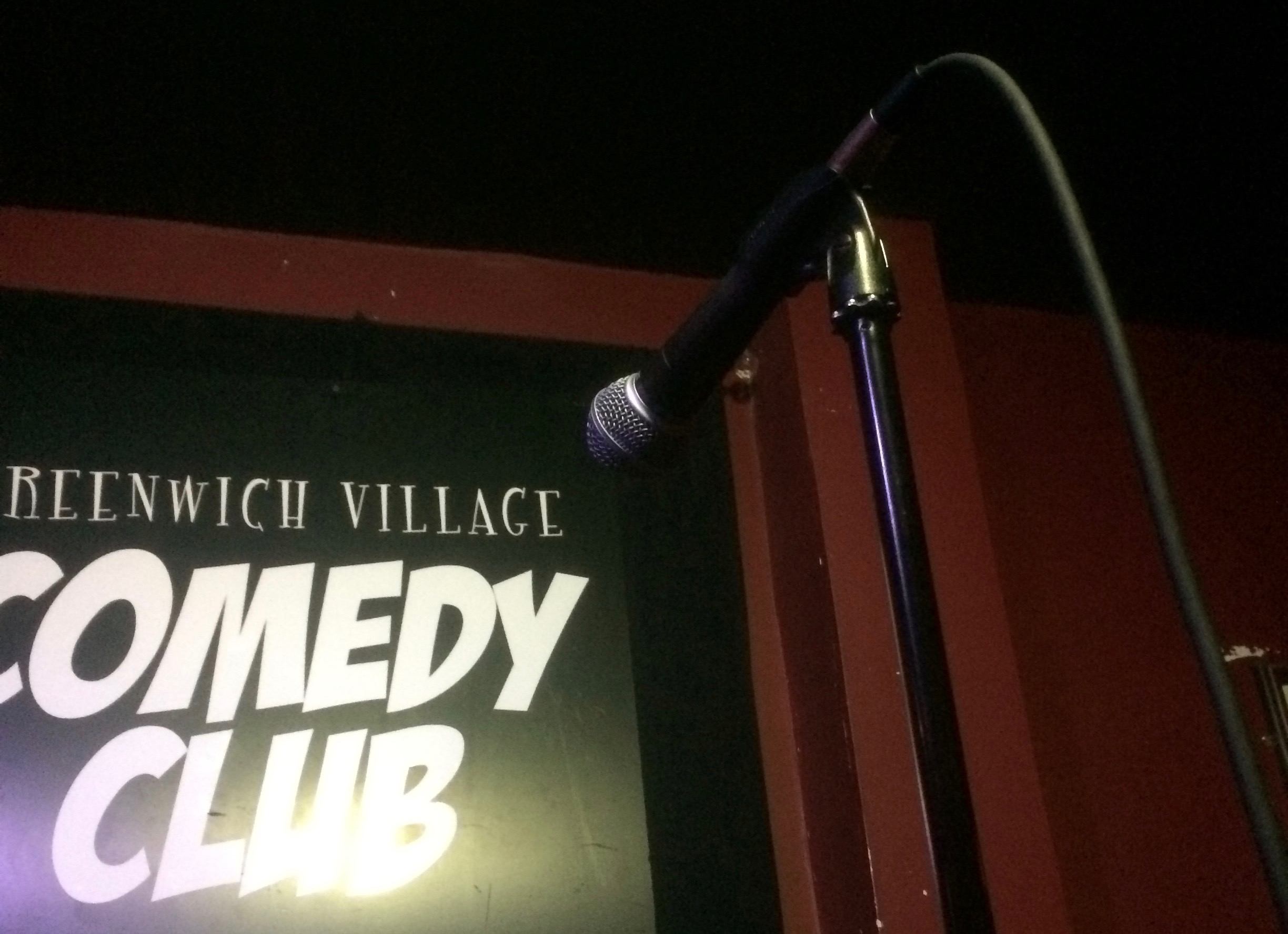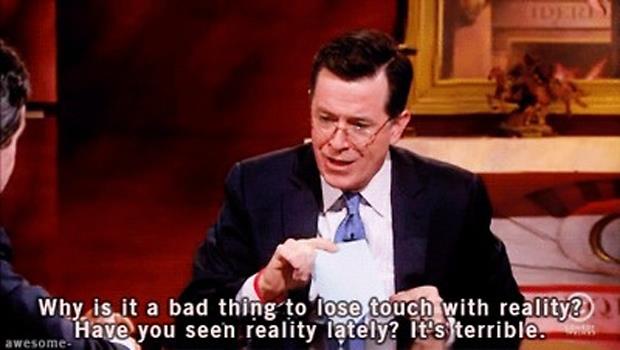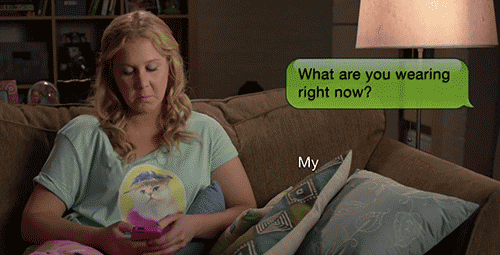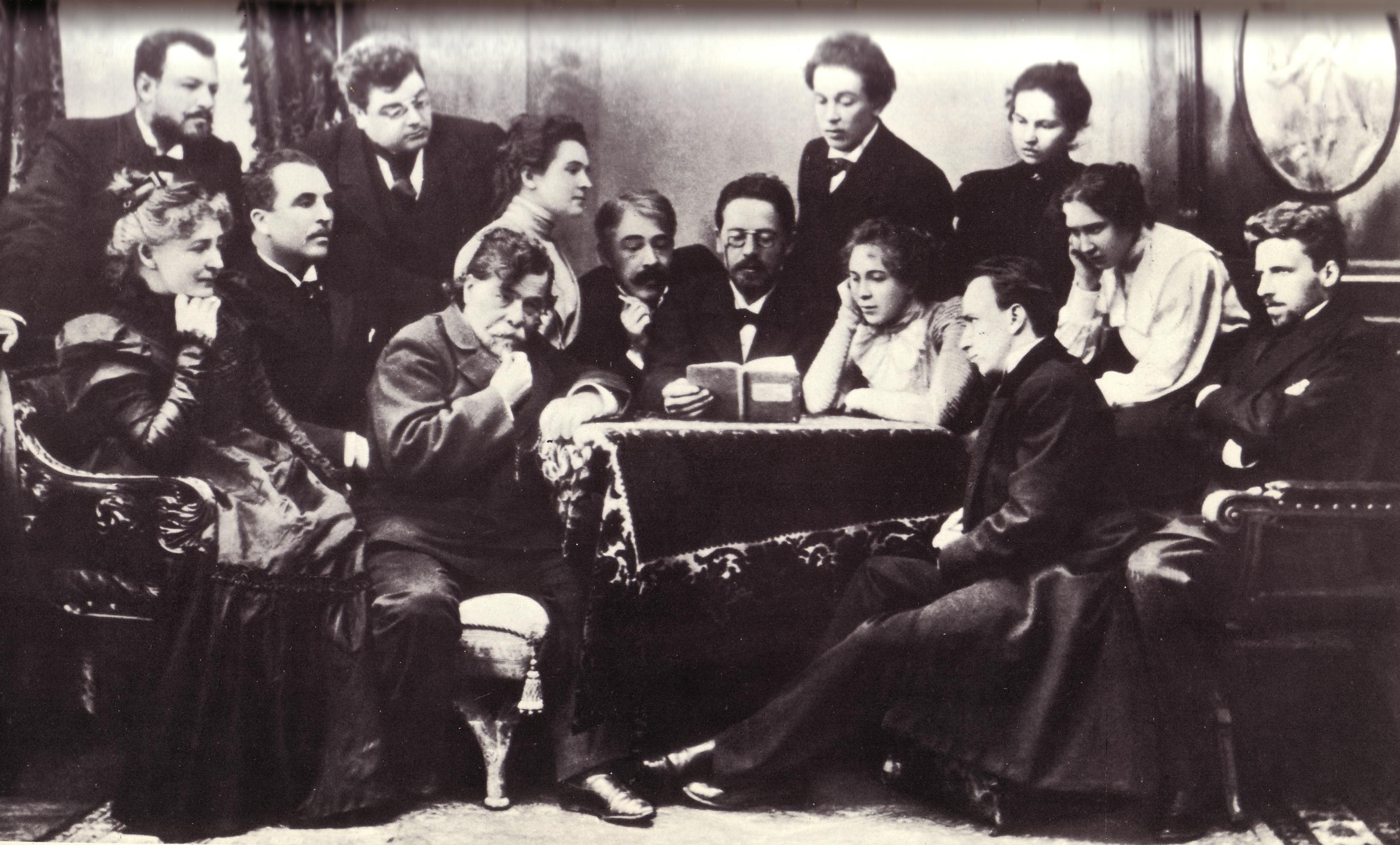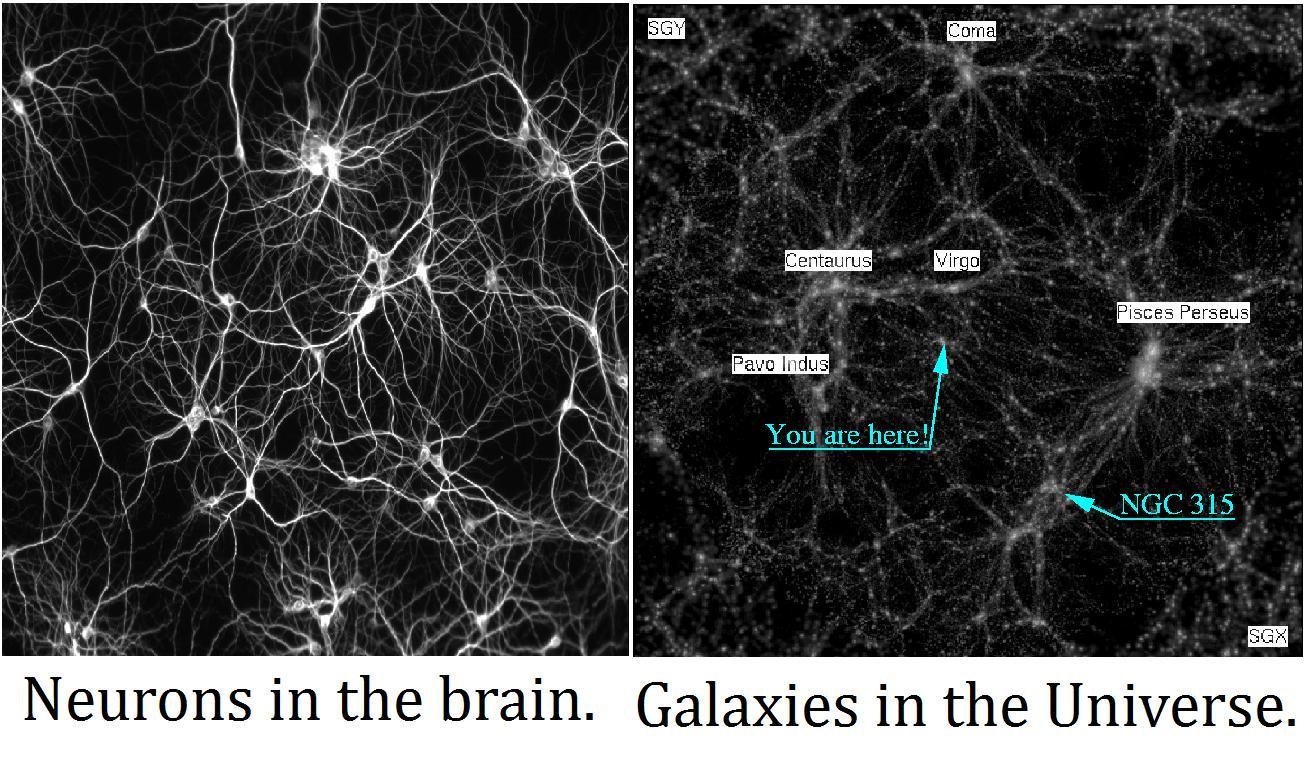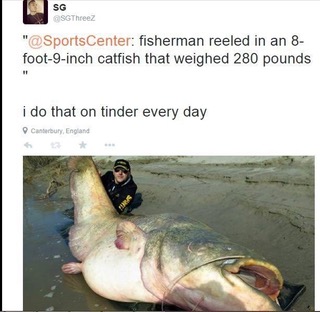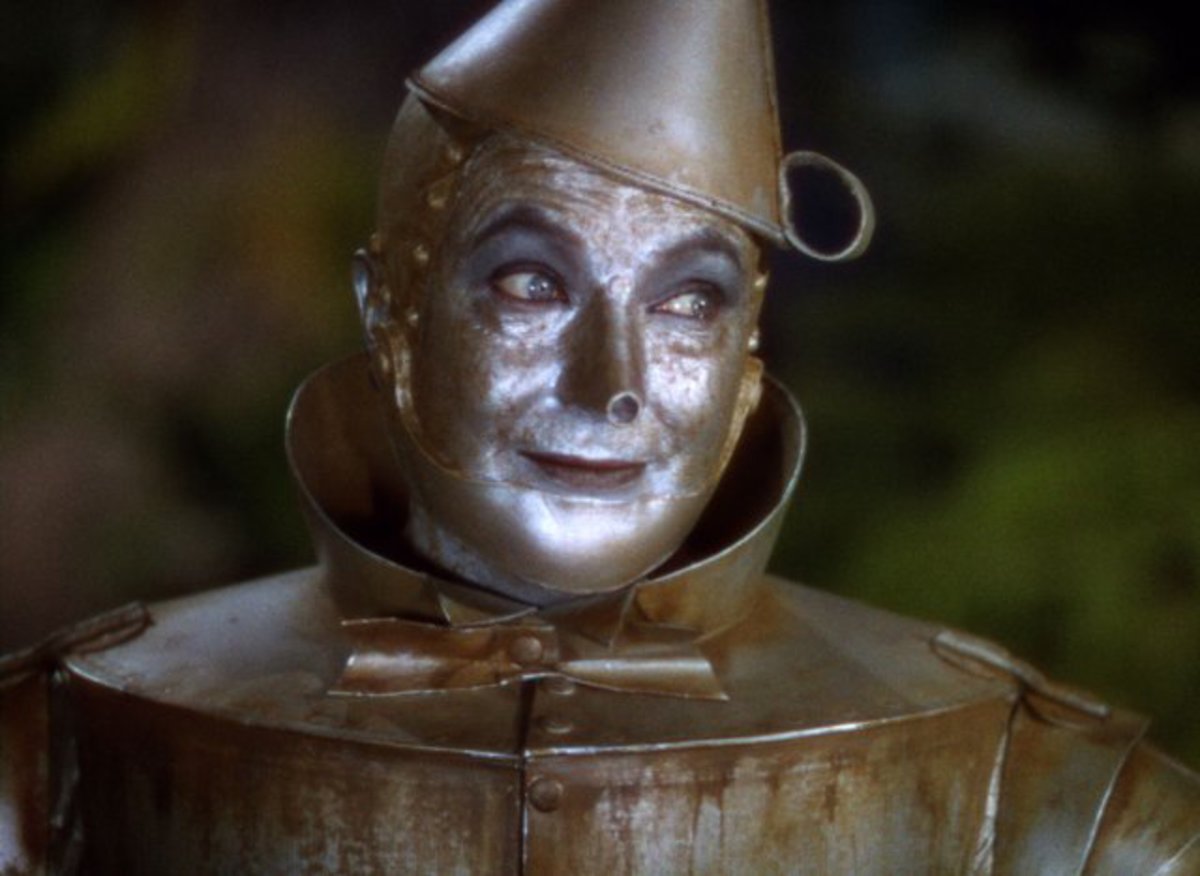Zach Lebowitz was in a bad mood: his younger sister, who was eighteen years old, had dropped out of college and moved to Los Angeles to become a porn star. To shake off his confused depression which pursued him at home and at the office, he called to his aid his sense of lofty morality, his genuine and noble ideas – he had always been an open-minded liberal, supporting ideas like gender equality, tolerance, and free love, but these political views were of no avail when it came to his personal life and his sister’s sudden departure and chosen profession, and he always came back to the recent conversation he had with his aunt (a devout Catholic), who believed that his sister had acted wrongly and betrayed the family. And that was fucking with him.
His mother did not leave their Upper-East Side penthouse in New York City all day long; his aunt (who lived with them) kept sighing, crossing herself, and speaking in whispers. His father, a respected Democrat and member of Congress, would only mumble incoherently at the dinner table and began drinking heavily at night. In the apartment it was as still as though there were some one dead in a room. Everyone, so it seemed to Zach Lebowitz, looked at him enigmatically and with perplexity, as though they wanted to say, “Your sister is ruining her life and our family’s reputation. She only listens to you. So why are you doing nothing?” And he reproached himself for inactivity, though he did not know precisely what action he ought to have taken.
So passed six days without a word from Zach’s sister. On the seventh – it was Sunday morning – Zach finally received an email. The message’s tone was flippant: “Hey! How’s it going? Sorry I took so long to reply. But…” Zach fancied that there was something defiant and provocative beneath the informality.
“She doesn’t give a rat’s ass about her family,” thought Zach, as he went to his mother in her bedroom.
His mother was lying on the bed watching the television show, Girls, dressed in the same clothes she had worn for the past three days and drinking white wine. Seeing her son’s face, she rose impulsively, and straightening her gray hair, asked quickly,
“What? What do you want?”
“An email came…” said her son.
Zissel’s name, and even the pronoun, “she” was not uttered in the apartment. Zissel was spoken of impersonally, “In Los Angelis,” “Gone away,” etc. The mother’s face grew ugly and unpleasant.
“No!” she said, with a motion of her hands, as though to block a ghost that was attacking her. “No, I don’t care. I don’t want to know. Leave me alone!”
The mother broke into hysterical sobs of grief and shame; she evidently longed to know what was said in the email, but her pride prevented her. Zach realized that he ought to read the email aloud from his phone, as it mentioned his mother, but he was overcome by anger such as he had never felt before; he ran out of the room and kicked a chair.
“God damn it! God fucking damn it!”
He threw his phone against the wall, (which fortunately didn’t break because of the high-quality case he had purchased two weeks ago); then tears came into his eyes, and feeling that he was stupid, miserable, and to blame, he went out into the city streets.
He was only twenty-seven, but he was already quite fat. He wore expensive suits, chain-smoked, and suffered from a nasty cough. He already seemed to be developing the characteristics of an elderly bachelor. He never fell in love, never thought of marriage, and loved no one but his mother, his sister, his aunt, and his father. He was fond of a good meal and of talking about politics and exalted subjects. He had in his day received his Bachelor’s and P.H.D. in Economics from George Mason University, but he now looked upon his studies as though in them he had discharged a duty incumbent upon young men between the ages of eighteen and twenty-six. At any rate, the ideas that now strayed every day through his mind had nothing in common with the university or the subjects he had studied there.
Out in the city streets it was hot and still, as though rain were coming. The air above the avenues was wavering in the heat and there was the smell of asphalt and dust. He lit a cigarette and began to walk.
[userpro_private restrict_to_roles=administrator,subscriber]
Zach stopped several times and wiped his beaded forehead. He looked at the restaurants and stores, and twice almost ran into someone looking at their phone. And all the while he was thinking that this insufferable state of things could not go on forever, and that he must do something about it one way or another. He must stop his sister, stupidly, madly, but he must stop her.
“But how? What can I do?” he asked himself, and looked imploringly at the sky and the buildings, begging for their help.
But the sky and the buildings were mute. His noble ideas were no help, and his common sense whispered that the agonizing question could have no solution but a stupid one, and that today’s email was not the last of its kind. It was terrible to think what people were saying about his sister and his family!
At dinner it was only Zach and his father. As usual, the father’s face wore the bitterly resigned expression that seemed to say though he was embarrassed and ashamed, he would allow no one to insult him. Zach sat down at the other end of the table and began drinking a beer in silence.
“Your mother has had no food today,” said his father. “You ought to do something about it, Zach. Starving oneself is no cure for depression.”
It struck Zachary Lebowitz as absurd that his father should expect him to remedy the situation. He was tempted to say something rude to him, but restrained himself. And as he restrained himself he felt the time had come for action, and that he could not bear it any longer. Either he must act at once or fall on the ground, and scream and bang his head upon the floor. He pictured Zissel in a porno, moaning, taking cum shots to the face, riding a man like a cowgirl, and all the anger, bitterness, and humiliation that had been accumulating him for the past seven days welled up inside until it became too much.
“My sister wants to be a porn star,” he thought, “my mother will commit suicide, my father will lose his reputation and not be re-elected the next term…and all this because Zissel thinks she’s an independent woman who can do whatever she pleases!”
“No, I won’t allow it!” Zach cried suddenly, and he slammed his fist down on the table.
He jumped up and ran out of the dining room. In the study he opened a computer and typed, “Flight to L.A. from N.Y.C.” into Google. He purchased an airline ticket for a red-eye flight, hastily packed a duffel bag, and ran out of the apartment to hail a taxi.
There was a storm thrashing within him. He felt a longing to do something extraordinary, startling, even if he had to repent of it all his life afterwards. Should he kidnap his sister and take her home? But Zach was not one of those men who use physical force. He knew he would not kidnap his sister, but the idea was invigorating and propelled him on this impulsive journey.
A taxi stopped along the curb and Zach jumped in. He yelled, “Newark Airport!” and the taxi lurched away. He texted Zissel, “Purchased a plane ticket to L.A. You’re coming home.” He imagined how Zissel would try to justify her conduct by talking about being an independent woman, an adult, individual freedom, and about supporting herself however she wanted. She would argue about what she did not understand. And very likely at the end of the conversation she would ask, “And how do you have a right to tell me how to lead my life. What right have you to interfere?”
“No, I have no right,” muttered Zachary Lebowitz. “But so much the better…the harsher I am, the less right I have to interfere, so much the better.”
It was a sultry night. There was a traffic jam on the east side of Central Park. People were shouting and honking their horns. The sky seemed to suggest a downpour any second. Zachary stared out the window at the trees of the park. He had spent hundreds of hours in this park and knew every bush, rock, and path. Through the trees he pictured the carousal that he used to ride as a child with Zissel; he could picture it all down to the smallest detail, even the forms and colors of the beat-up horses. Near the carousal was the baseball field where he used to play catch. Near the baseball field was the boulder where he once fell off and broke his arm.
Above the park and the distant buildings a huge black storm-cloud was rising, and there were ashes of white lightening.
“Here comes the storm!” thought Zachary Lebowitz. The taxi was now at a complete stop in the middle of Central Park. There were red lights blinking and Zachary assumed there had been a car accident not far ahead. All of a sudden Zachary felt a wave of exhaustion. The storm-cloud and the car accident seemed to be signs advising him to go back home. He felt a little scared.
“I will bring her back!” he tried to reassure himself. “She will fight and talk about her rights and freedom, but freedom also means respect and self-control, and not indulging whims and passions. It’s not liberty, but awareness of others and logical consequences!”
The taxi was near the Jacqueline Kennedy Onassis Reservoir. On the radio the song, “I’m ‘N Luv (Wit a Stripper),” by T-Pain was playing. “What a stupid song,” muttered Zachary. “Excuse me? Sir? Could you please change the song?”
“What?”
“Could you change the song?”
“Sure.”
Just then Zach felt a buzz in his pocket. It was a call from Zissel.
“Hello?” he answered.
“You are not coming to L.A.”
“Yes, I am.”
“You’ll be wasting your time. I’m not coming home.”
“You…we…I’m coming…we need to talk and-”
“We can talk now. What do you want to know?” Zach paused. Raindrops began hitting the car. There was no anger in his heart now, nothing but fear and vexation with himself. What was he doing? He felt he had made a bad beginning with the phone conversation, and that nothing would come of it but useless bickering. Both were silent for some time. “Look, Zach, I appreciate your concern. You’ve always looked out for me. I understand it, and, believe me, I appreciate it. Believe me.”
Zach looked out the window and grimaced.
“But I’m old enough to make my own decisions. College would be a waste of time for me. I’m not going $200,000 in debt and sitting in classrooms learning shit I don’t care about. I’m not throwing away the prime of my life. And trust me, the feeling that you, mom, and dad would be upset has bothered me. But let me explain myself. I-”
“You can’t-”
“Let me speak, Zach. There wasn’t time to explain myself earlier. I’m doing a movie now and I had to fly out on short notice. It’s a touchy subject to talk about, but here it comes. I love doing porn. It’s been my dream for the past three years. All I-”
“Zissel! You-”
“Shut up! Let me finish. I really shouldn’t need to justify myself, but since you’re my older brother and I’ve always cared about you, I’ll talk. Really, Zach, I’m grateful to you. But you can’t force me to a lead a life that you think is right and respectable, when I would hate that sort of life.” Zissel talked in a quiet, steady voice, but was evidently agitated. Zach felt it was his turn to speak, and that to listen and keep silent would really mean playing the part of a generous and noble idiot, and that had not been his idea upon making this trip. He sat up in the taxi and said, breathlessly, in an undertone:
“Listen, Zissel. You know I love you and want you to have the best life possible; but this…this is just…awful. It’s terrible to think of you doing porn when-”
“Why is it terrible?” asked Zissel, with a quiver in her voice. “It would be terrible if I was hurting anyone else, but I’m not doing anything that-”
“You are hurting us, Zissel. Your mother hasn’t changed her clothes in three days! Your father can’t sleep unless he’s black out drunk. You know we all have an open mind, and tolerance for everyone, but you’re acting selfish. We’re all miserable and-”
“I’m selfish for trying to live my dream? For doing what I love? Just because you, mom, and dad are living in the past, blinded by traditional values, obsessed with how strangers think of you, slaves to public opinion, means I should cater to your prejudices? Just because my actions make people feel embarrassed doesn’t prove that they are wrong. Every important step one takes is bound to distress somebody. If I became a fashion model, mother would be angry too. What am I supposed to do? Anyone who puts the peace of their family before everything has to renounce the life of excitement and self-fulfillment completely.”
There was a vivid flash of lightening outside the window, and the lightening seemed to change the course of Zachary’s thoughts. He slumped into the cushion and began saying what was utterly beside the point.
“I care about you so much, Zissel. When you were little we would go on walks through Central Park almost every day. Remember that? It hurts me to think of you doing something like…like porn. Isn’t there something else you can do? Some other job? You deserve better. You deserve-”
“Here we go-” sighed Zissel. “What do I deserve, Zach? How do you know what I like to do, what I hate, what my plans are, everything that’s happened to me in my life? Your arrogance and your desire to control me are exasperating.”
“Why can’t you just…be a normal actress?”
“Because I hate normal acting, I’m not good at it, and there’s no money in it!”
“Can’t you at least try and-”
“No! I can’t try! I don’t want to and I don’t care! And unlike you, I don’t care what people say about me!”
During the conversation Zachary listened to Zissel and wondered in perplexity why it was that she wanted to be a porn actress so intensely. Their childhood had not been traumatic. They had never suffered or been in need of anything. Zissel had never exhibited any signs that she was a whore or a slut. Yes, she had dated a handful of boys at different times, never for more than a couple of months, but she had also spent long periods of time being alone. She was good-looking, elegant, carefree; she was fond of laughing, chatter, argument, a passionate reader; she had good taste in dress, in furniture, in books, and her personality seemed in direct contrast to the seedy underworld of the porn industry. She was intelligent and clever, had advanced ideas, but in her free-thinking one felt the overflow of energy, the vanity of a young, strong, spirited girl, passionately eager to be better and more original than others…what had happened to her that caused this desire to do porn?”
“She’s an obstinate and independent to a fault,” thought Zachary Lebowitz. “She’ll pay for her brash decisions one day.” But immediately upon thinking this, Zachary’s belief in the extraordinary loftiness and faultlessness of his own way of thinking struck him as naïve and even morbid; and the fact that Zachary had all his life followed the beaten path and done as he told came charging to the front of his mind. All of a sudden Zachary felt an admiration and respect for Zissel he had never felt before. He was conscious of a sort of power in her, and for some reason lost the desire to argue. Zissel cleared he throat and was about to speak, but Zachary interrupted her gently,
“Yes, you’ve always done…what you’ve wanted…but we’ve been wandering away from the point.”
“Okay. Then let’s get back to the point. I’m telling you, Zach, my conscious is clear. There’s really no need for me to prove myself. You, mom, and dad are free to hate me, cut me off, and disown me. I’ll survive. I’ll be all right.”
The taxi began to move again and Zachary’s heart began to beat in his temples. He sat up and said, “Hold on! Excuse me, sir! Pull over! Pull the car over!” The driver sighed and swerved the taxi to the shoulder of the road. Zach paid, stepped out, and began to walk.
“Well, I have to go,” said Zissel.
“No, wait, don’t hang up yet.” Zach’s hand was trembling and his eyes filled with tears. He knew that the conversation was over and that there was no use talking. The rain had stopped, but the air was damp and thick. He walked hurriedly on a dirt path towards the reservoir. “I…I won’t come to L.A. I don’t know what I was thinking.”
“Okay. Good.”
“If there’s anything you need…money….someone to talk to…don’t hesitate.”
“Thanks, Zach.” There was a brief silence. “Don’t worry about me. I’ll be all right.”
“Okay, do you have any idea…when you’ll be home?”
“No, I don’t. Goodbye Zach.”
“Goodbye Zissel.” She hung up. Not hearing Zissel’s voice caused Zach to immediately forget his previous admiration, and he told himself that she was unhappy. He told himself that she had made a ridiculous, irreparable mistake.
“I’ll visit her sometime and try to convince her, just not now,” he said out loud. But it sounded as though he were making a concession, and this did not satisfy him. To avoid bursting into tears he pulled out a cigarette and began to smoke. He walked into the darkness of the woods on the perimeter of the reservoir.
“I’m a baby, a pushover, a wimp,” thought Zachary Lebowitz. “I attempted to solve the question and save my sister, and I haven’t accomplished anything.”
He was heavy at heart. When he reached the reservoir he walked along the cinder path. But he wanted to sit and think without moving. The moon was rising and was reflected on the water. There were low rumbles of thunder in the distance. Zachary Lebowitz sat on a bench and finished his cigarette. He looked steadily at the water and imagined his sister’s future despair, her martyr-like pallor, the tearless eyes that would conceal her humiliation from others. He imagined her broke, unable to find a job, imagined his mother being admitted to a mental hospital, his father drinking himself to death, Zissel’s horror…His proud, superstitious mother would be sure to die of grief. Terrible pictures of the future rose before him on the background of the smooth, dark water, and among pale feminine figures he saw himself, a weak, cowardly man with a guilty face.
A hundred feet away on the right bank of the pond, something dark was floating motionless. Was it a dead body? Zachary Lebowtiz thought of the corpse that was discovered this past Tuesday in the reservoir, naked and decomposed. He stood up and walked along the path until he was leaning against the fence near the form. But all he saw was a piece of trash.
He walked to the bench, collapsed, and pulled out another cigarette. He inhaled the smoke and coughed. Then he looked mournfully into the water. And thinking about his life, he came to the conclusion he had never said or acted upon what he really thought, and other people had repaid him in the same way. And so the whole of life seemed to him as dark as this water in which the night sky was reflected and trash was left. And it seemed to him that nothing could ever set it right.
[userpro template=login][/userpro_private]



